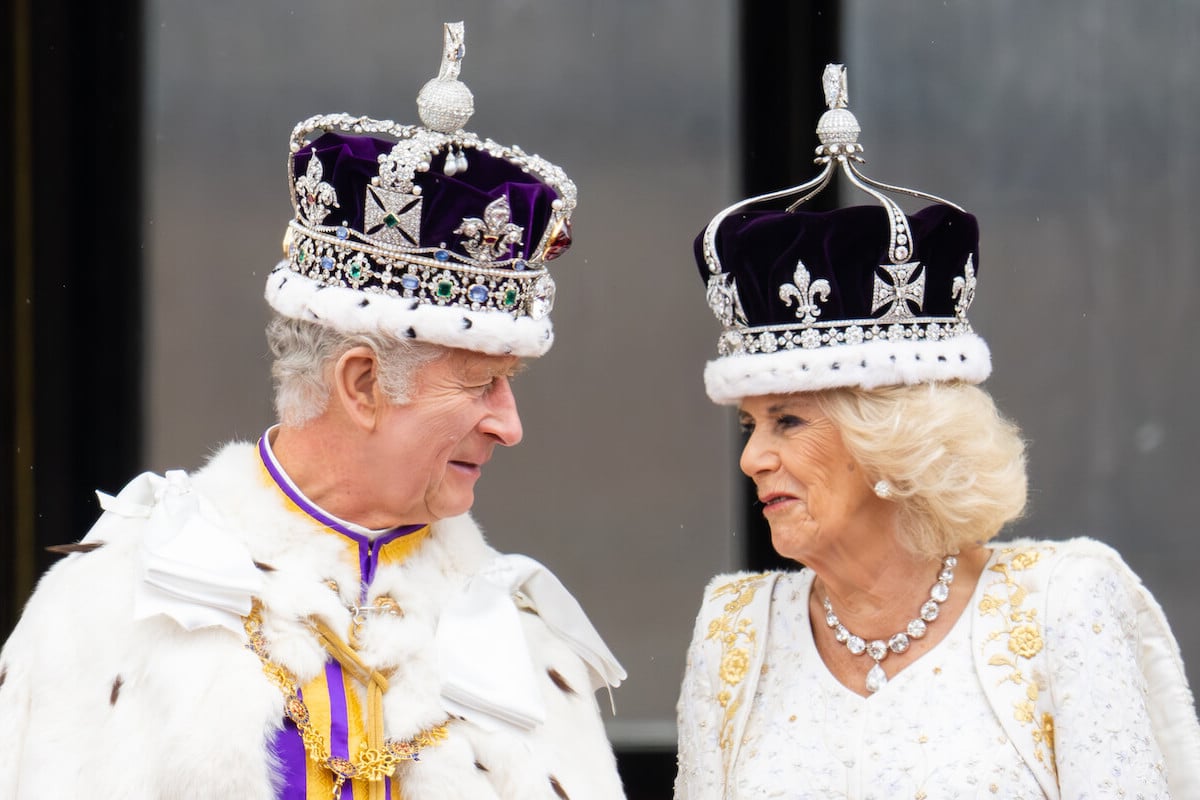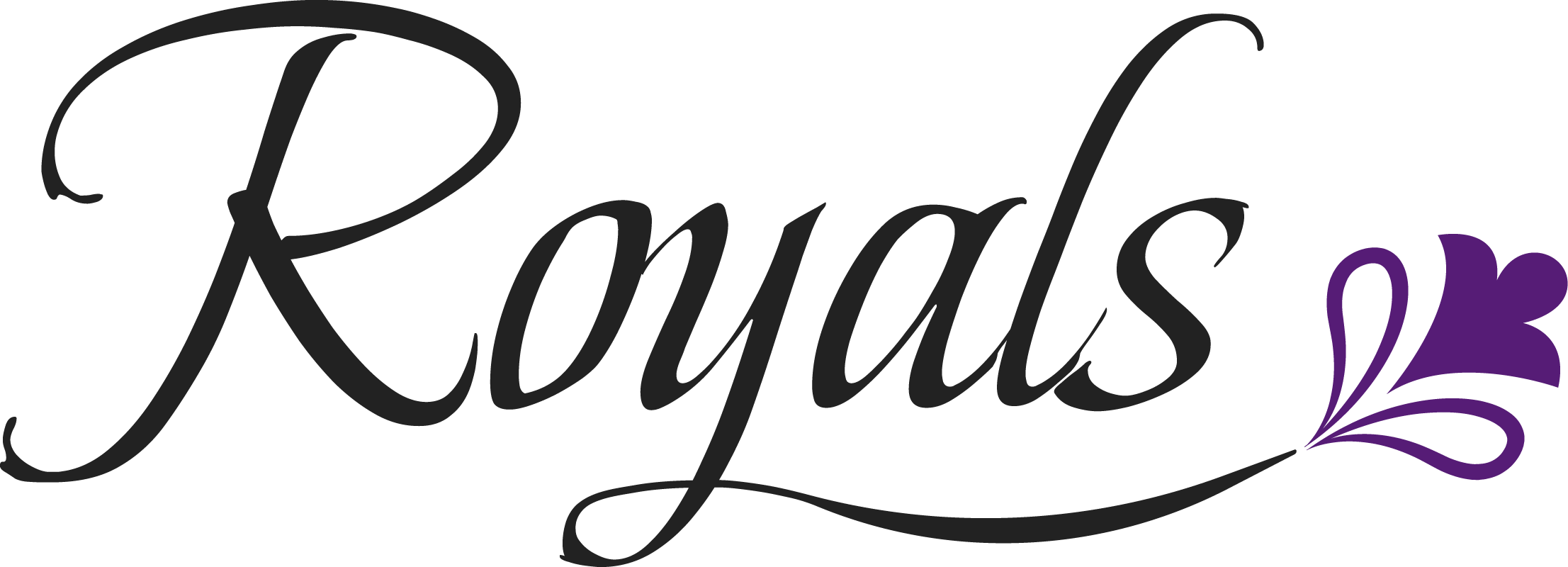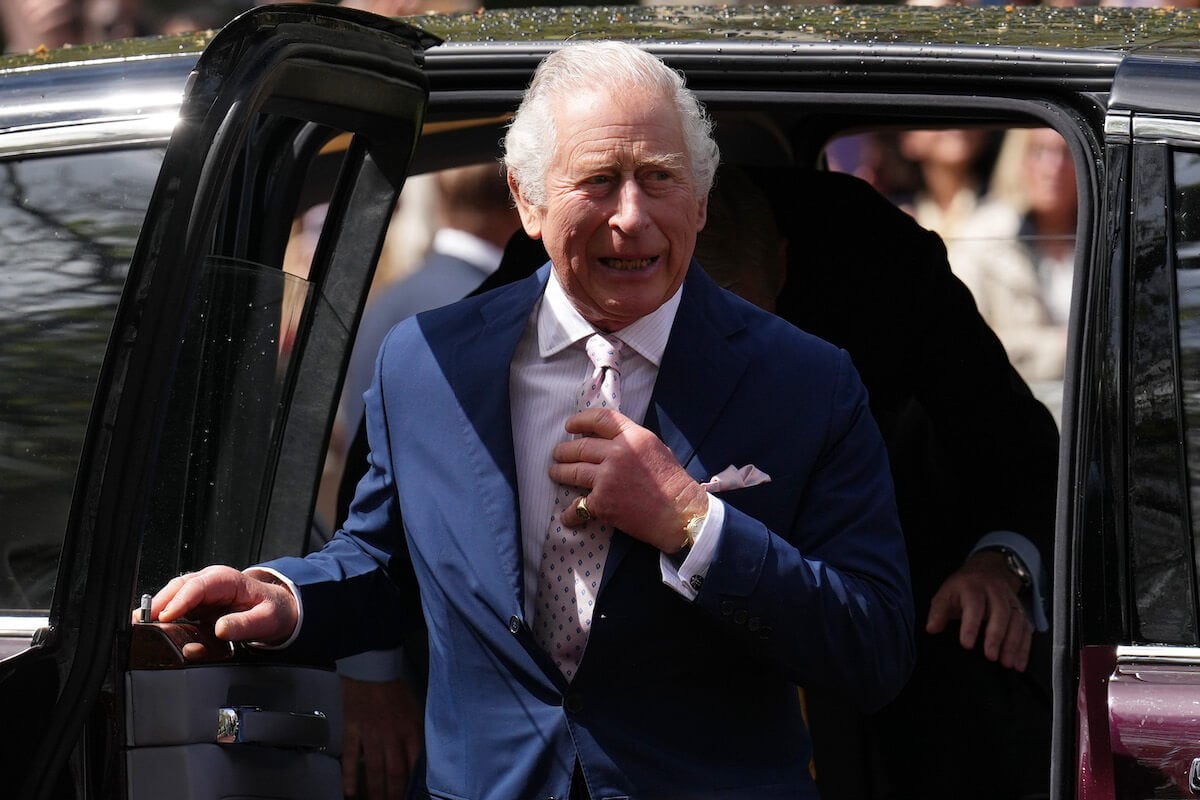
A Lip Reader Decoded What King Charles and Queen Camilla Said on the Buckingham Palace Balcony
From the weather to the crowds, King Charles III and Queen Camilla had lots to talk about on the Buckingham Palace balcony. What the newly-crowned king and queen said after their May 6 coronation ceremony, according to a lip reader. Plus, the moment the king’s “anxiety lifted” on the balcony.
Charles and Camilla stood on the Buckingham Palace balcony before being joined by other royals

After their coronation at Westminster Abbey in London, England, King Charles and Queen Camilla returned to Buckingham Palace. Like many royals before them, the couple headed to the balcony to mark the occasion.
The king and queen stepped out onto the balcony to cheers from the crowd below. After a few minutes, other royals joined them. Familiar faces were there, including two of King Charles’ siblings, Princess Anne and Prince Edward.
Prince William was also there with his wife, Kate Middleton, and their three children, Prince George, Princess Charlotte, and Prince Louis.
Absent from the balcony appearance were non-working royals Prince Andrew and Prince Harry.
King Charles and Queen Camilla talked weather, crowds, and getting ‘too close’ on the balcony
Now for what the king and queen talked about during their coronation day balcony appearance. Lip reader Elisabeth Taunton analyzed footage of the couple, telling the U.K.’s Mirror they discussed a number of things.
First: being up high on the balcony. “I don’t want to get too close—I might give myself a fright!” King Charles said before telling Camilla to “be careful” and “come close.”
Each wearing a crown for the occasion, King Charles and Queen Camilla chatted about the well-wishers cheering them on. Camilla said, “Oh, look how wonderful this is. Remarkable,” according to Taunton.
“Is everyone here?” King Charles replied before Camilla said, “This is so lovely,” with a smile.
The conversation then switched to the weather, which made the traditional balcony flypast smaller than planned.
Camilla held a hand out and remarked, “Ohhh, rain.” She then tilted her head upward, trying to get a look at the sky, which the Queen Mary Crown on her head prevented.
“It feels wonderfully wobbly and almost makes it shake around,” King Charles remarked as helicopters got closer for the flypast.
Finally, just before going inside, King Charles addressed the crowd: “Thank you, everybody. Thank you very much,” he said, per the lip reader. “Look at everyone here,” he told Camilla before adding, “Bye! So lovely.”
Camilla had a ‘take charge’ attitude on the balcony, Charles’ ‘anxiety lifted’
Judi James, a body language expert, analyzed the newly-crowned king and queen’s movements. As others began to join them on the Buckingham Palace balcony, Queen Camilla, per James, directed others where to go. How she did it echoed King Charles’ pen moments but also signified a “new era.”
“Seeing Camilla begin to take charge now she is queen, organizing the balcony choreography by flicking her hands in much the same impatient gesture that Charles used when his pens were leaking, might show a new era of a much more confident Queen Camilla who might match her husband’s desire for perfection,” James explained (via Mirror).
“She also seemed to be gently urging Charles to go inside after the first appearance,” the expert added.
As for King Charles, he “genuinely looked surprised and humbled by the roar of affection from the crowds” filling the Mall outside the palace. “It was the moment the anxiety lifted from his features and a more relaxed smile take its place.”
King Charles’ facial expression, complete with crinkled eyes to create a “Duchenne smile,” signaled “genuine pleasure.” While this particular type of smile “would normally be a connecting smile to create emotional empathy with the audience,” King Charles’ asymmetric “mouth smile” indicated his “emotions were still complex and varied.”
Not until the encore did King Charles look to be experiencing a possible coronation day “sweet spot.” He took his time leaving the balcony, opting “to stand alone to communicate directly with his public.”




